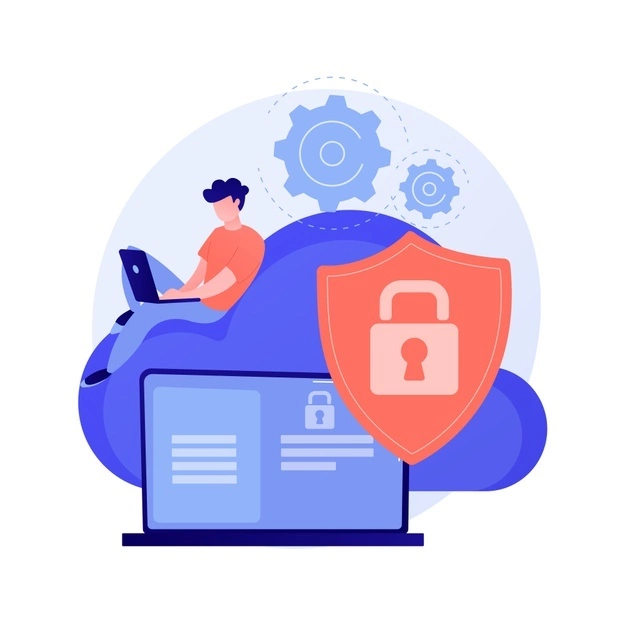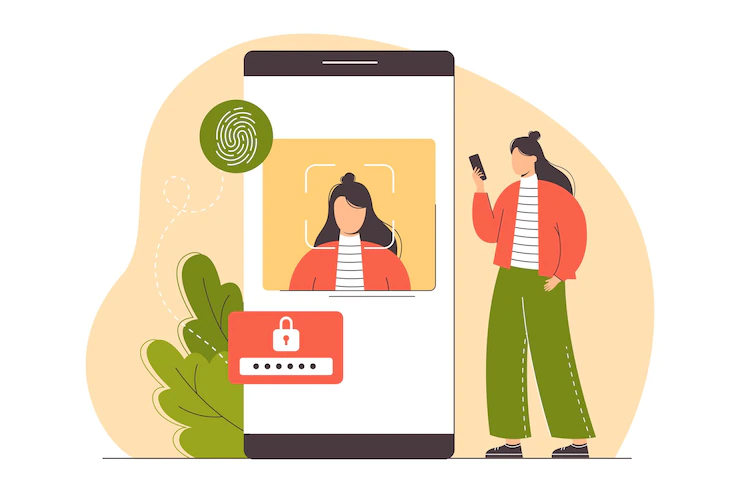The guiding principle to optimize security is creating a security culture that is embraced by all. Here are some of the measures we adopt to avoid this.
Remote Work Risks
Remote work introduces an added layer of risk for businesses and organizations. For handling remote work, here are a few security considerations that should be top of mind :
- Conduct impact analysis for security loopholes on all code updates
- Classify all data to ensure that sensitive project files are hidden from unauthorized access
- Facilities for ransomware prevention, detection, and mitigation are in place
- Data governance and security protocols that work on personal devices in the field
- Avoid file access in remote locations and the prevention of insecure “shadow ITs”
- Regular system auditing to make sure that only those who still need it have access.
Our quality analysis approach pays particular attention on ensuring security loopholes are not being introduced by code updates.

Network Risks, Cloud Security
Remote workers usually connect to a network through a personal device like a laptop or phone. Hackers can exploit vulnerabilities in these devices to infiltrate the site they connect to.
User Access Control
It is interesting to note that 81% of breaches usually result from stolen or weak passwords.
The WorkforceAI platform requires all users to change their passwords regularly and we also combine this with adoption of multi-factor authentication.
For customer facilities, we advise and assist customers about having a modern IT and security infrastructure with other security protection measures they must regularly update. Beyond this, the focus must be on end-to-end security at their host.

QA Risks
Remote IT teams usually use a git like Github or Gitlab to manage members work. They generally update a master site through personal branches in the git. This can open the master site to risks of low quality updates or introduction of malware or other types of attacks like ransomware.
WorkforceAI employs strict management procedures that reduce the risks of introducing poor quality or vulnerable software updates to customer master sites.
Contact Us
Call us today for a free consult on how outsourcing your IT development and working with remote teams can help your business go further faster and reduce costs.
